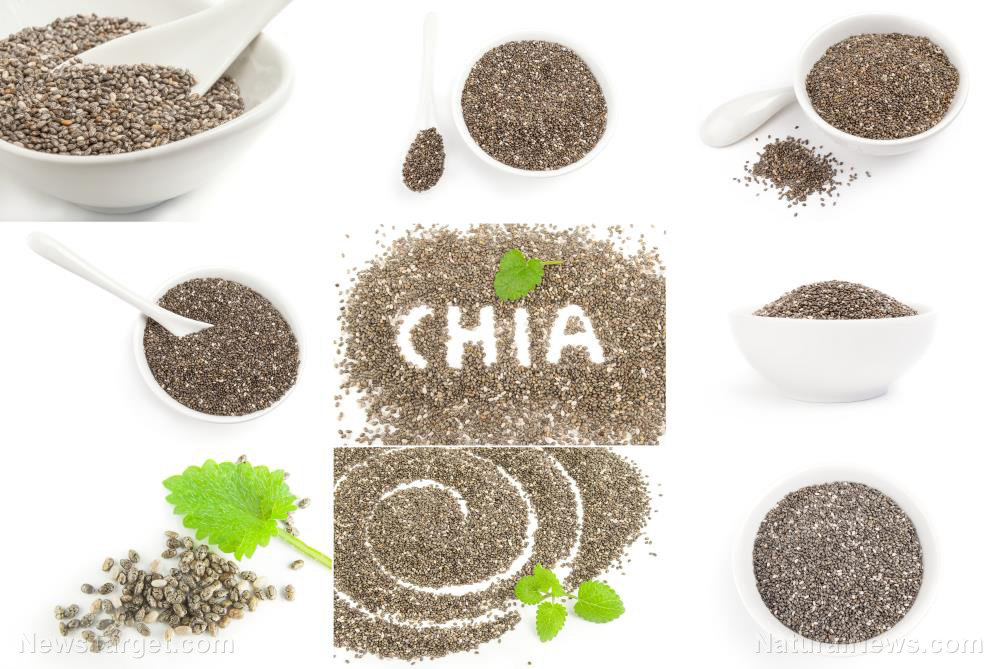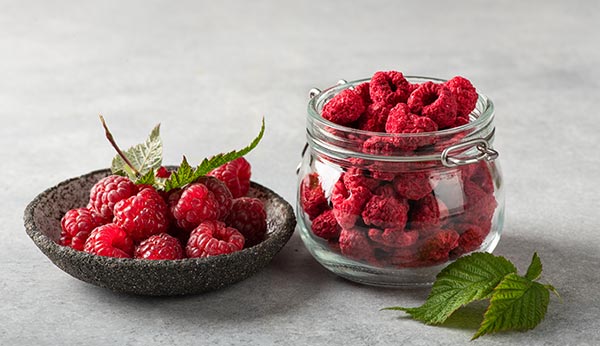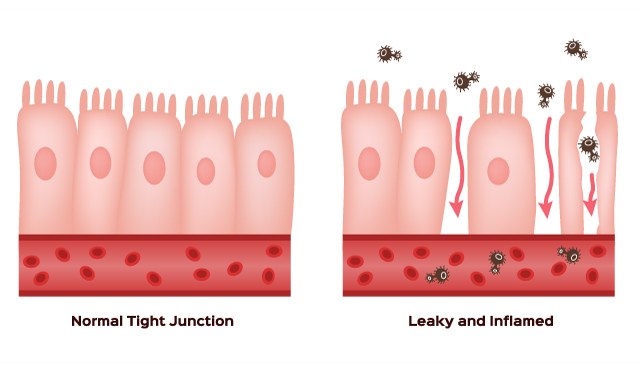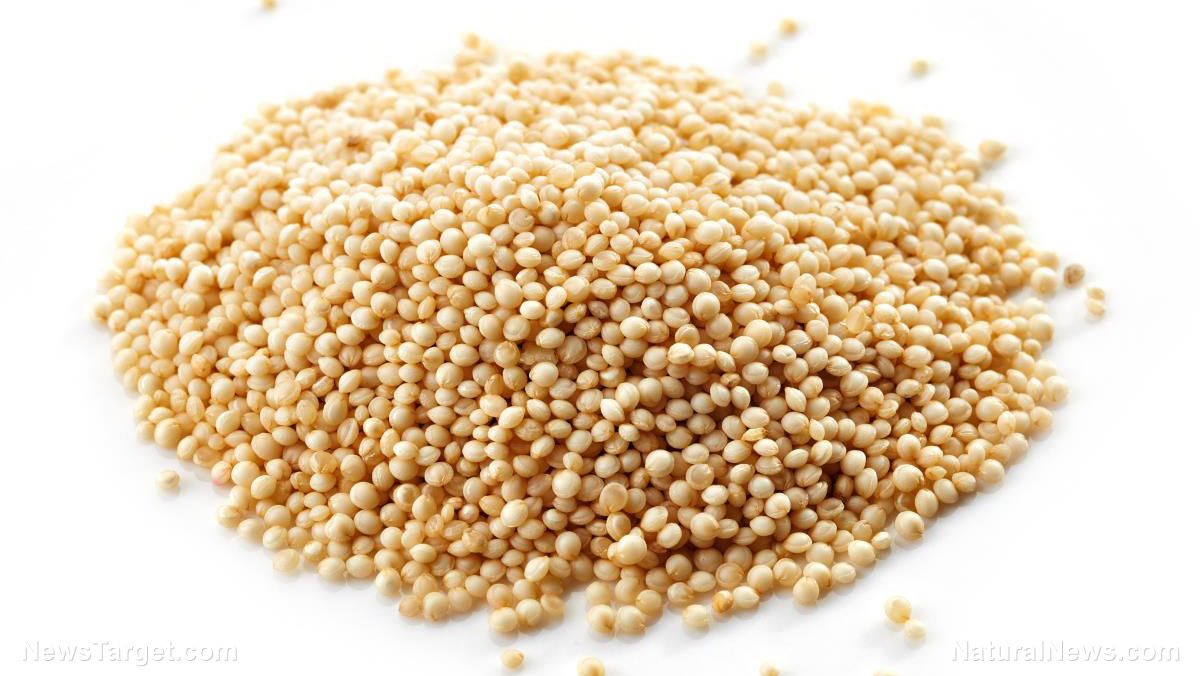PLANT-BASED FOOD REGIMEN key to shielding against bowel diseases, including cancer, landmark study shows
07/13/2025 / By S.D. Wells
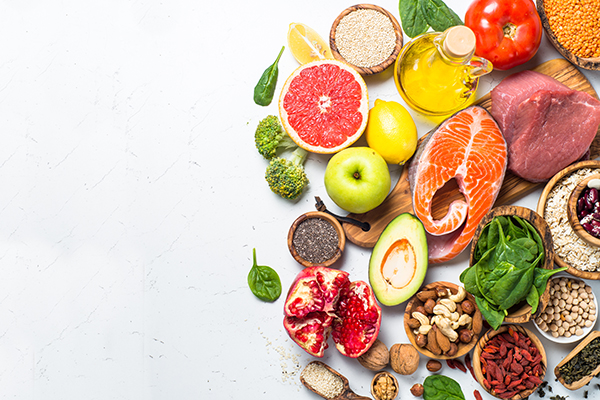
A groundbreaking study has revealed that a healthy plant-based diet significantly lowers the risk of developing inflammatory bowel diseases (IBD) such as Crohn’s disease and ulcerative colitis—both of which are linked to increased risk of bowel cancer. The large-scale research, involving more than 143,000 adults from across the UK, offers critical insights into how dietary choices can protect gut health and potentially save lives.
- Healthy plant-based diets lower IBD risk: A major study of over 143,000 Britons found that those who followed a healthy plant-based diet had significantly lower risks of inflammatory bowel diseases (IBD) — 8% lower for ulcerative colitis and 14% lower for Crohn’s disease — which are both linked to increased bowel cancer risk.
- Not all plant-based diets are equal: Diets labeled as “unhealthy plant-based,” including those high in refined grains, vegetable oils, and processed foods (even with eggs and dairy), were linked to a 15% higher risk of Crohn’s disease, emphasizing the need for whole fruits and vegetables rather than just cutting out meat.
- Bowel cancer rising in young people: Global colon cancer diagnoses in people under 50 have surged by 80% over the last 30 years, with predictions suggesting a 10% increase in deaths by 2040, raising alarm about potential environmental and dietary contributors.
- Multiple risk factors under investigation: Experts point to various possible causes for rising bowel cancer cases in the young — including early E. coli infections, seed oils, ultra-processed foods, microplastics, and chemical exposure — highlighting the complexity of modern dietary and environmental risks.
The anti-cancer diet: Scientists reveal key foods to prevent bowel disease and reduce cancer risk
The study, published in Molecular Nutrition and Food Research, tracked participants aged 40 to 69 over an average period of 14.5 years. During that time, 1,117 individuals developed IBD, including 795 cases of ulcerative colitis and 322 cases of Crohn’s disease. Participants were asked to record their food and drink intake, which researchers categorized as either healthy plant foods, unhealthy plant foods, or animal-based foods.
The findings showed that those who adhered to a healthy plant-based diet had an 8% reduced risk of developing ulcerative colitis and a 14% reduced risk of Crohn’s disease. Healthy plant-based diets included foods rich in fruits, vegetables, whole grains, legumes, and nuts—ingredients known for their anti-inflammatory and gut-healing properties.
Conversely, diets high in unhealthy plant foods and animal fats—including processed snacks, vegetable oils, and high-fat dairy—were linked to a 15% increased risk of Crohn’s disease. This distinction highlights that not all plant-based diets are inherently beneficial; the quality and processing level of plant-derived foods matter significantly.
Lead researcher Dr. Zhe Shen of Zhejiang University emphasized the protective role of plant-based nutrition in preventing IBD, suggesting that natural anti-inflammatory compounds found in whole plant foods help preserve gut health and reduce disease risk.
This research comes at a time of growing global concern over the sharp rise in bowel cancer diagnoses, particularly among young people. Over the past 30 years, cases of colon cancer in younger adults have increased by a staggering 80%, even as rates in older populations have remained stable or declined. Experts predict a 10% surge in bowel cancer deaths by 2040.
While lifestyle factors such as poor diet, lack of exercise, and obesity are frequently cited as contributing factors, newer studies suggest environmental and dietary triggers may also play a role. Potential culprits include exposure to harmful food chemicals, seed oils, ultra-processed foods (UPFs), and microplastics found in food packaging.
Other studies have gone further, suggesting that childhood exposure to certain strains of E. coli or the presence of polyps caused by “accelerated aging” could be driving the increase in young-onset colon cancer. Regardless of the precise causes, the consensus is clear: adopting a nutrient-rich, minimally processed, plant-forward diet can significantly improve gut health and reduce cancer risk.
In light of these findings, consumers may need to rethink their weekly grocery list, prioritizing whole fruits and vegetables while cutting back on processed and animal-based foods. The evidence strongly supports that the path to a healthier, cancer-resistant gut starts on the plate.
Tune your food news frequency to FoodSupply.news and get updates on more junk science food stuff that corporate America loads the grocery store shelves with to drive up chronic diseases and disorders, including bowel cancer, so Big Pharma can take your money.
Sources for this article include:
Submit a correction >>
Tagged Under:
anticancer, bowel disease, cancer colon, Crohn's, diet, digestion, food cures, food is medicine, food science, gut health, IBS, inflammatory bowel diseases, organic foods, plant foods, plant-based, research
This article may contain statements that reflect the opinion of the author







